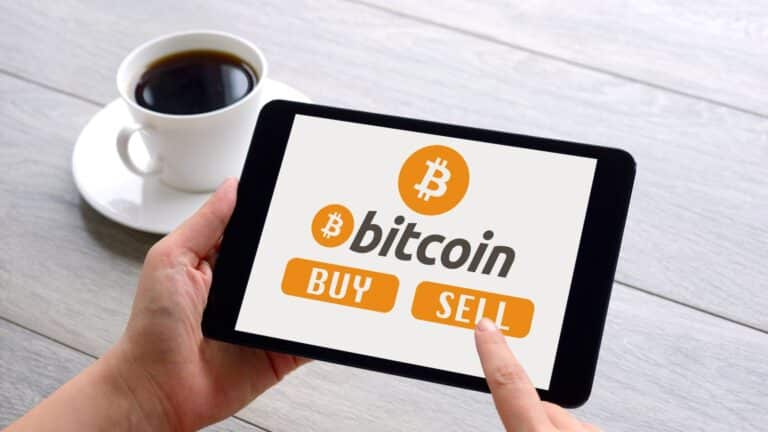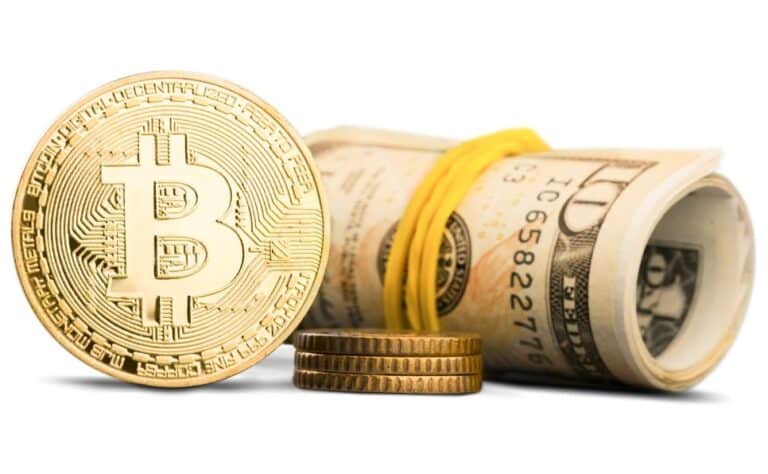In 2001, El Salvador replaced their local currency, the colón, with the US Dollar (USD). Last week, its Congress voted to become the first country in the world to recognize Bitcoin (BTC) as a legal tender.
This historic new law passed with 62 out of 84 votes, demonstrating its popularity among El Salvadorian lawmakers. As a result, local businesses will be required to accept Bitcoin as payment for goods and services. The law will take effect 90 days after the vote, giving business owners until September to prepare.
The measure was originally proposed by President Nayib Bukele, who has advocated for Bitcoin since long before he was even a presidential candidate. “It will bring financial inclusion, investment, tourism, innovation, and economic development for our country,” he tweeted just before Congress voted in favor of the law.
Bukele also mentioned plans for El Salvador to mine Bitcoin, using the country’s geothermal resources to fuel the efforts. According to Bitcoin Magazine, this renewable energy source will fuel a massive Bitcoin mining farm to drive the economy:
“By leveraging Volcano Energy, El Salvador aims to create a prosperous future driven by sustainable energy and Bitcoin. As the country’s investment progresses volcanoes could serve as the backbone of this transformation, fostering economic growth and prosperity for future generations. The establishment of the renewable power generation park signifies a large step towards achieving these goals while cementing El Salvador’s position in the global Bitcoin mining industry.”
Additionally, Bukele offered citizenship to anyone who has invested in at least three Bitcoins.
El Salvador’s Bitcoin plans don’t mean that the country will abandon the USD as a legal currency. Instead, the El Salvadorians and tourists will have the option to make payments with either the USD or BTC.
El Zonte, a small El Salvadorian community of roughly 500 families, has already been using Bitcoin for the last year. To encourage usage and educate locals about digital currencies, an anonymous donor gave each family $120 worth of Bitcoin.
These donations were supplied through a mobile app created by Strike, a Chicago-based start-up. Strike is also working closely with El Salvadorian government for the national rollout.
Their CEO, Jack Mallers, noted that Bitcoin becoming a legal currency will help to reduce El Salvador’s “dependence on the decisions of a foreign central bank,” that of the United States.
Bitcoin transaction fees are also significantly lower than traditional financial services like Western Union. This is especially important in El Salvador, given that nearly 20% of its GDP comes from workers in other countries sending money back home.
With more than 5 billion dollars a year in remittances, banking institutions pocket somewhere in the range of 250 million dollars for facilitating these international transfers. Bitcoin cuts out these middlemen, allowing a much large percentage of these remittances to actually reach their intended recipients
This is especially important when you realize that 70% of El Salvador’s population doesn’t have a bank account. And with Bitcoin as legal tender, it’s possible that bank accounts may become even less popular.
Many developing countries are using solar and cellular technologies to circumvent the need to build expensive electric and telecom networks. Similarly, El Salvador might leap past the need to expand its traditional banking network by adopting Bitcoin as a legal tender.
No one knows how this new law will affect the El Salvadorian economy or the Bitcoin economy, but it’s encouraging to see cryptocurrencies gaining more widespread adoption.
El Salvador’s move has sparked discussions and debates about the potential implications for other developing countries. One is a discussion of financial inclusion and access. El Salvador’s adoption of cryptocurrency aims to increase financial inclusion, as it enables individuals without access to traditional banking services to participate in the digital economy. Other developing countries with limited banking infrastructure or large “unbanked” populations might consider leveraging cryptocurrencies to address financial inclusion challenges.
Discussions surrounding the impact on cross-border transactions have also come to life. Remittances play a significant role in the economies of many developing countries, and cryptocurrency adoption could streamline cross-border transactions and reduce the associated costs. El Salvador’s adoption may inspire other nations to explore cryptocurrencies as a means to facilitate faster and more cost-effective remittances, particularly in regions heavily reliant on these funds.
El Salvador’s decision to embrace cryptocurrency has drawn attention from the global tech and investment communities too. Other developing countries may be inspired to explore and invest in blockchain technology and digital assets as a means to attract investment, foster innovation, and position themselves as hubs for cryptocurrency-related growth.
It’s worth noting that the success and outcomes of El Salvador’s cryptocurrency adoption are still uncertain. Factors such as regulatory frameworks, and social acceptance will play crucial roles in determining the extent to which other developing countries follow suit. Additionally, potential risks, including cybersecurity threats, money laundering, and market volatility, will be considered and addressed through robust regulatory and risk management measures.
Here in the United States, RockItCoin is doing its part to make Bitcoin more accessible to all. With nearly 2,000 of our Bitcoin ATMs across the country, it’s easier than ever to trade cash for crypto. Plus, we make it simple to buy Bitcoin online via our website or the RockItCoin mobile app.








